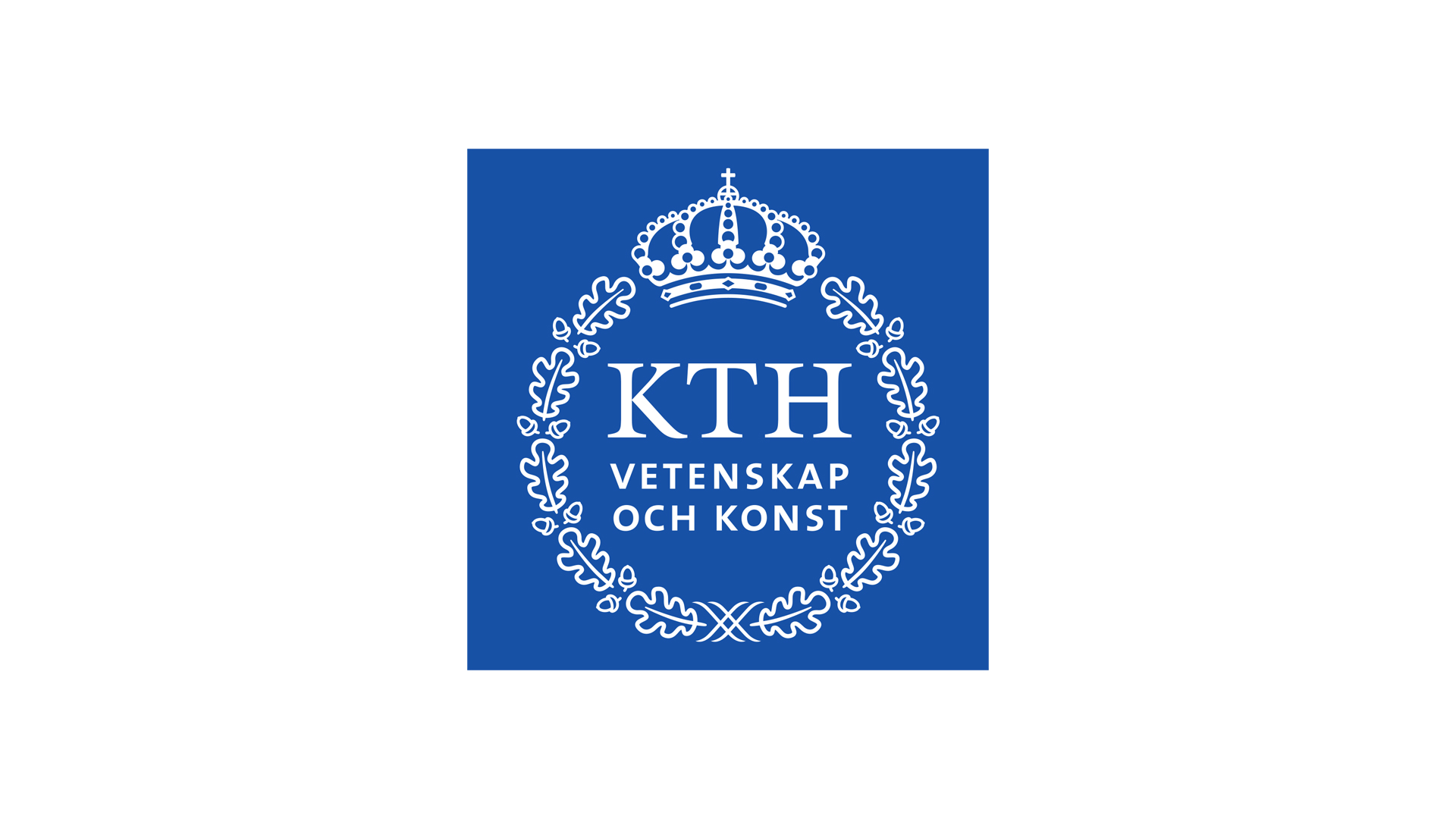The SUNRISE programme, hosted by the KTH Royal Institute of Technology, is the first step towards building a lead-fast reactor that will provide safe, clean, and flexible energy.
For the development of a sustainable global society, nuclear energy will play a major part. The SUNRISE centre, hosted by the KTH Royal Instititute of Technology in Sweden, works to develop and enable deployment of lead-fast reactor technology. These reactor systems can act as the central part in a Generation IV closed nuclear fuel cycle – drastically reducing the high-level and long lived waste – while providing safe, clean, and flexible energy.
Research within the SUNRISE centre focuses on reactor physics and design, materials science and process technology, and combined experimental and modelling programmes to work towards establishing a lead-cooled research and demonstration reactor in Sweden.
Nuclear engineering is a key area of research at KTH Royal Institute of Technology, and there is a strong and growing environment working with issues related to nuclear energy – especially at the Department of Physics – but also across the university in many other departments. The SUNRISE centre, funded by the Swedish Foundation for Strategic Research, was established in 2021 as a focused collaboration platform and encompasses researchers from KTH, Luleå University of Technology, and Uppsala University, as well as international university partners and a large fraction of the Swedish industry related to nuclear energy, materials science, and development.
Constructing a large scale experiment facility
KTH, in collaboration with LeadCold and Uniper, has been awarded funding for the Solstice project from the Swedish Energy Agency for the construction of an electrically heated large scale experiment facility to be built in Oskarshamn, at the OKG nuclear power plant site. The aim of the facility is to perform experiments, along with an extensive validation test campaign, to build and finalise the safety and performance study for the research and demonstration reactor designed in SUNRISE.
The industrial partners in the Solstice project aim to assure the case for future commercialisation of lead-fast reactor technology. The strategic goal is to establish SMR (small modular reactors) as a sustainable and safe solution for plannable and flexible base power, to make it part of a circular society. Being financially viable and scalable, the global market can be addressed with products and services like electricity, high-quality heat, hydrogen, biofuels, electrofuels, and ancillary services.
Advanced and sustainable nuclear reactors, with passive safety and manufactured in automated production, offer all benefits of conventional nuclear reactors, but are substantially more versatile and flexible. Advanced SMR can become the solution that enables an introduction of large-scale climate-neutral electricity production, while being able to provide additional benefits for a sustainable society.
Education in nuclear energy technology is as vital as the research. KTH has a dedicated Masters programme in Nuclear Energy Engineering. Find more information about how to study at KTH here.
AREAS OF EXPERTISE
- Reactor physics, design and safety analysis of advanced reactors;
- Development of advanced steels, nuclear materials science and radiation damage;
- Nuclear fuel development, modelling, exposure and characterisation;
- Testing and modelling of materials and components in high-temperature heavy liquid metal;
- Development and optimisation of advanced Monte-Carlo methods; and
- Heat transfer in super-critical water.


